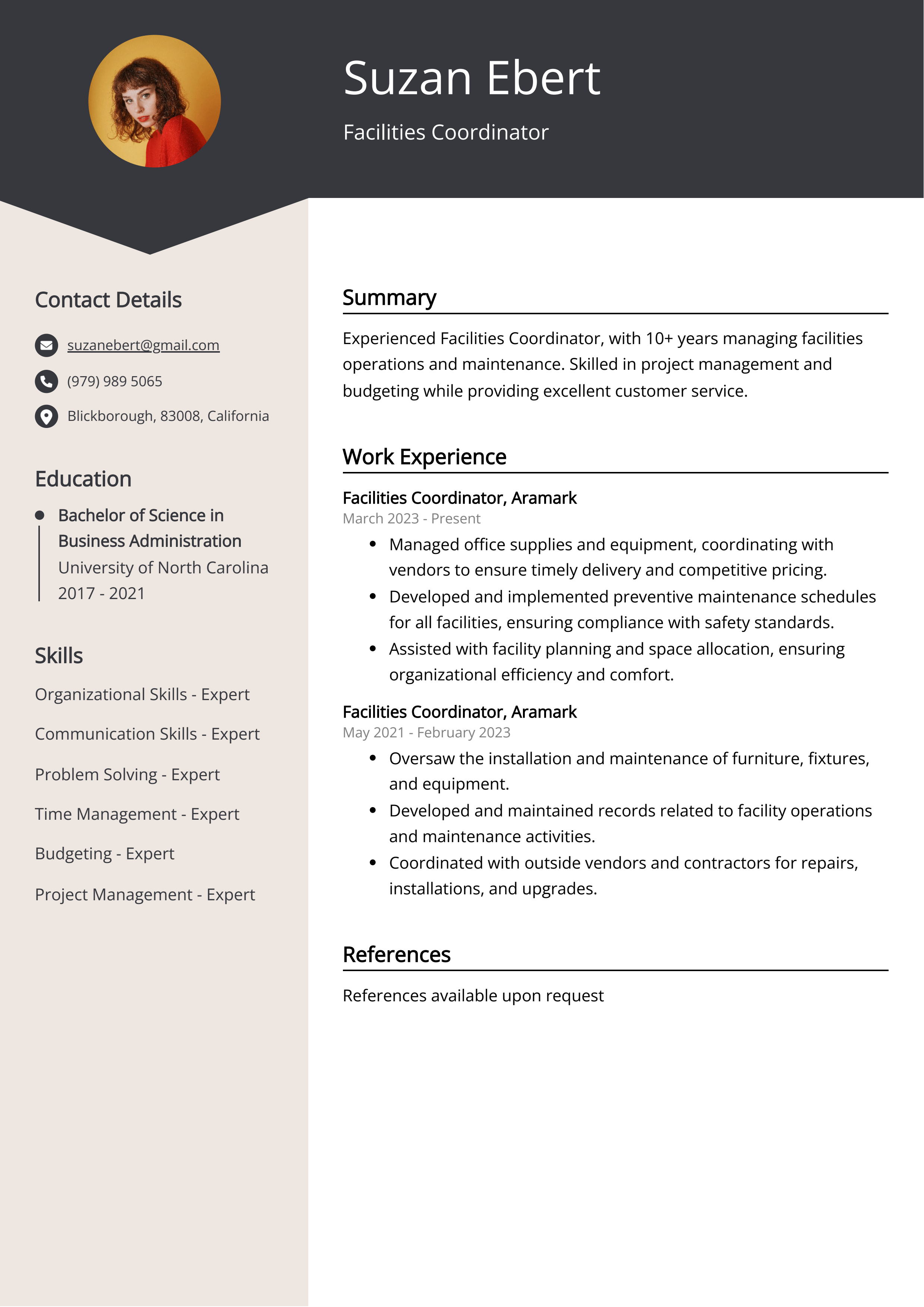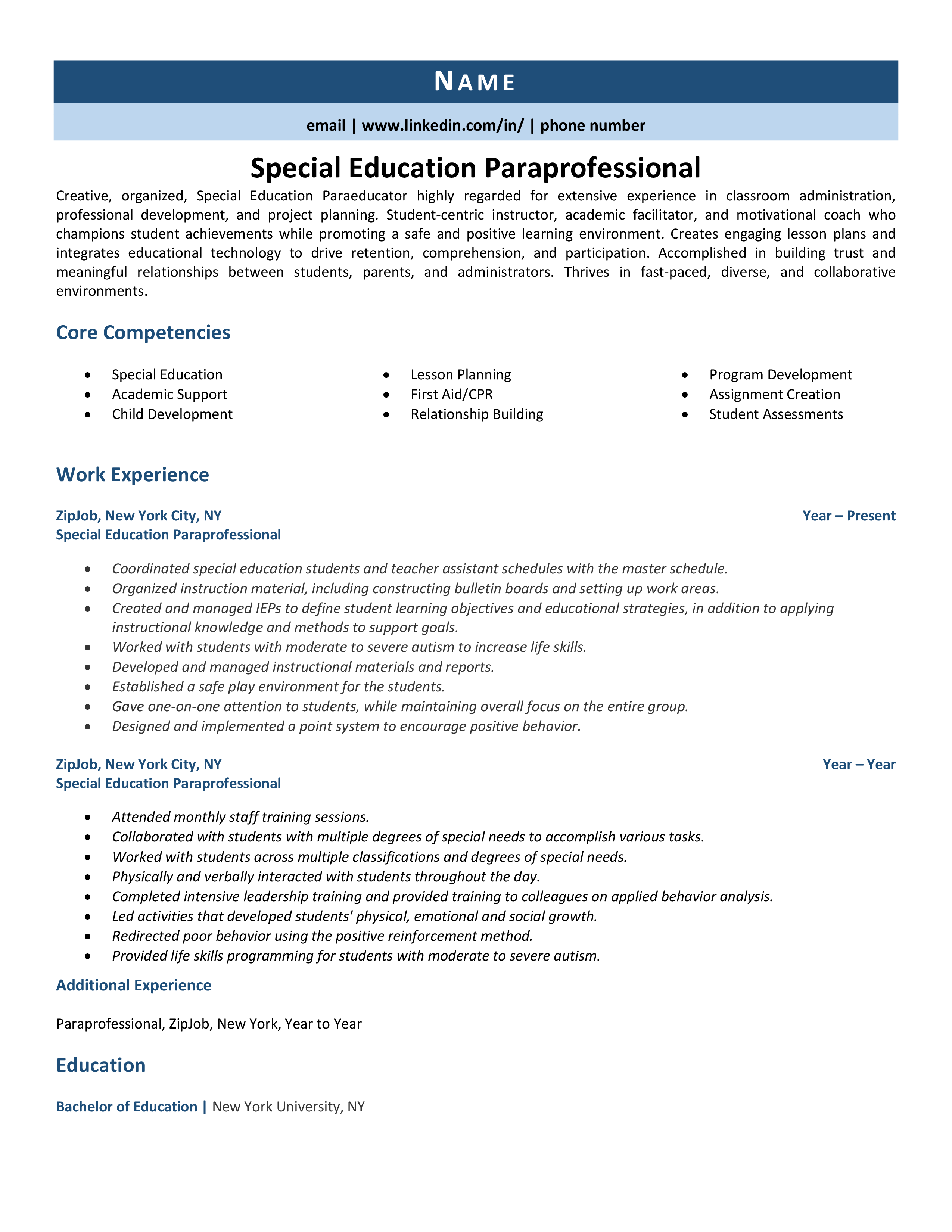
A facilities coordinator job description outlines the duties and responsibilities of a facilities coordinator, a professional responsible for managing and maintaining a company’s facilities. These facilities can include offices, warehouses, retail stores, and other commercial properties.
Facilities coordinators play a vital role in ensuring that a company’s facilities are safe, efficient, and well-maintained. They work closely with other departments, such as human resources, IT, and finance, to ensure that the facilities meet the needs of the business. Facilities coordinators may also be responsible for developing and implementing sustainability initiatives, managing renovations and construction projects, and overseeing the procurement of goods and services.
The main article topics will explore the following aspects of facilities coordinator job descriptions:
- Duties and responsibilities
- Qualifications and experience
- Salary and benefits
- Career outlook
1. Management
This aspect of a facilities coordinator job description underscores the crucial role these professionals play in managing and maintaining facilities to ensure their safety, efficiency, and regulatory compliance. This encompasses a wide range of responsibilities, including:
- Facility Maintenance: Facilities coordinators develop and oversee maintenance schedules for equipment, systems, and infrastructure, ensuring their proper functioning and minimizing downtime.
- Safety Management: They implement and enforce safety protocols, conduct regular inspections, and coordinate emergency response plans to prevent accidents and maintain a safe working environment.
- Compliance Management: Facilities coordinators stay abreast of industry regulations and standards, ensuring that facilities meet all applicable requirements and avoid legal liabilities.
- Budget Management: They manage facility-related budgets, optimizing resources, and ensuring cost-effective operations.
These facets of management are essential for facilities coordinators to deliver a safe, efficient, and compliant work environment that supports the organization’s goals and objectives.
2. Planning
Planning is a crucial aspect of a facilities coordinator job description. It involves the strategic planning and execution of maintenance schedules, renovations, and construction projects to ensure minimal disruption to operations.
- Maintenance Planning: Facilities coordinators develop and oversee maintenance schedules for equipment, systems, and infrastructure to maintain their functionality and prevent breakdowns. They assess maintenance needs, prioritize tasks, and allocate resources to ensure efficient upkeep.
- Renovation Planning: When renovations are necessary to update or improve facilities, coordinators plan and manage the projects. They work with architects, contractors, and other stakeholders to ensure that renovations meet the organization’s needs and are completed on time and within budget.
- Construction Planning: For new construction projects, coordinators play a vital role in planning and overseeing the entire process. They collaborate with architects, engineers, and contractors to ensure that the project aligns with the organization’s vision and is completed to the required standards.
- Disruption Mitigation: Throughout all planning and execution phases, facilities coordinators prioritize minimizing disruption to daily operations. They develop contingency plans, communicate with stakeholders, and implement measures to ensure that essential services are maintained during maintenance, renovations, or construction projects.
Effective planning allows facilities coordinators to proactively manage facilities, reduce downtime, and align projects with the organization’s strategic goals while minimizing disruptions to ongoing operations.
3. Procurement
Procurement is an essential component of a facilities coordinator job description. It involves the acquisition of goods and services necessary for the operation and maintenance of facilities, including equipment, supplies, utilities, and contractual services. Effective procurement ensures that facilities have the resources they need to function smoothly and efficiently.
Facilities coordinators play a crucial role in managing procurement processes. They identify and select vendors, negotiate contracts, and manage inventory levels to optimize costs and ensure timely delivery of goods and services. They also work closely with other departments, such as finance and accounting, to ensure that procurement activities align with the organization’s financial goals and policies.
Efficient procurement practices can lead to significant cost savings for organizations. By negotiating favorable contracts with vendors, facilities coordinators can reduce expenses on goods and services. They can also optimize inventory levels to avoid overstocking or shortages, which can lead to waste or delays in operations.
Furthermore, effective procurement contributes to sustainability initiatives. Facilities coordinators can prioritize vendors with environmentally friendly practices and products, reducing the organization’s environmental impact. They can also implement sustainable procurement policies, such as reducing waste and promoting recycling, to align with the organization’s broader sustainability goals.
In summary, procurement is a critical aspect of a facilities coordinator job description that ensures the smooth functioning of facilities while optimizing costs and supporting sustainability initiatives.
4. Sustainability
Sustainability has become an increasingly important aspect of facilities management, and facilities coordinators play a crucial role in developing and implementing sustainability initiatives. By reducing energy consumption, waste generation, and environmental impact, facilities coordinators can help organizations save money, reduce their carbon footprint, and create a more sustainable future.
There are many different ways that facilities coordinators can promote sustainability. Some common initiatives include:
- Upgrading to energy-efficient appliances and lighting
- Installing solar panels or other renewable energy sources
- Reducing water consumption through low-flow fixtures and landscaping
- Recycling and composting waste
- Educating employees about sustainability
By implementing these and other initiatives, facilities coordinators can make a significant contribution to their organization’s sustainability goals. In addition to the environmental benefits, sustainability initiatives can also save organizations money. For example, upgrading to energy-efficient appliances can reduce energy costs, and recycling and composting can reduce waste disposal costs.
The ability to develop and implement sustainability initiatives is an essential skill for facilities coordinators. As organizations become more focused on sustainability, facilities coordinators will be increasingly responsible for leading the charge in reducing their environmental impact.
FAQs on Facilities Coordinator Job Descriptions
This section addresses frequently asked questions (FAQs) to provide a comprehensive understanding of facilities coordinator job descriptions, their roles, responsibilities, and career prospects.
Question 1: What are the typical duties and responsibilities of a facilities coordinator?
Answer: Facilities coordinators are responsible for managing and maintaining facilities to ensure their safety, efficiency, and compliance with regulations. This includes tasks such as facility maintenance, safety management, compliance management, and budget management.
Question 2: What qualifications are typically required for a facilities coordinator position?
Answer: A bachelor’s degree in facilities management, engineering, or a related field is typically preferred. Additionally, experience in facilities management, maintenance, or project management is highly desirable.
Question 3: What is the average salary range for facilities coordinators?
Answer: The average salary range for facilities coordinators varies depending on experience, location, and industry. According to recent data, the median annual salary for facilities coordinators in the United States is approximately $65,000.
Question 4: What is the job outlook for facilities coordinators?
Answer: The job outlook for facilities coordinators is expected to grow in the coming years. As organizations continue to focus on sustainability and efficiency, the demand for qualified facilities coordinators is likely to increase.
Question 5: What are the key skills and qualities that employers look for in facilities coordinators?
Answer: Employers seek facilities coordinators with strong communication, interpersonal, and problem-solving skills. They should also be proficient in facility management software and have a keen eye for detail.
Question 6: What are some of the common career paths for facilities coordinators?
Answer: Facilities coordinators can advance their careers by moving into management roles, such as facilities manager or director of facilities. They may also specialize in areas such as sustainability, project management, or maintenance.
These FAQs provide a comprehensive overview of facilities coordinator job descriptions, empowering job seekers and employers with valuable insights into this field.
Transition to the next article section:
To further explore facilities coordinator job descriptions, let’s delve into their essential aspects, including management, planning, procurement, and sustainability.
Tips for Crafting Effective Facilities Coordinator Job Descriptions
Crafting clear and comprehensive facilities coordinator job descriptions is crucial for attracting qualified candidates and ensuring a successful hiring process. Here are five essential tips to consider:
Tip 1: Clearly Define ResponsibilitiesOutline the core responsibilities of the facilities coordinator, including facility maintenance, safety management, compliance management, and budget management. Use specific and measurable terms to provide a clear understanding of the role’s expectations.
Tip 2: Specify Qualifications and ExperienceState the minimum qualifications required for the position, such as a bachelor’s degree in facilities management or a related field. Specify any relevant experience, certifications, or skills that are essential for the role.
Tip 3: Highlight Key Skills and AttributesEmphasize the key skills and attributes that are crucial for success in the role. This may include communication skills, interpersonal skills, problem-solving abilities, and proficiency in facility management software.
Tip 4: Include Growth OpportunitiesIf applicable, mention any opportunities for professional growth and advancement within the organization. This could include opportunities for promotion, training, or specialized certifications.
Tip 5: Use Clear and Concise LanguageUse clear and concise language throughout the job description. Avoid jargon or technical terms that may not be familiar to all candidates. Ensure that the job description is easy to read and understand.
By following these tips, you can create facilities coordinator job descriptions that accurately reflect the role’s responsibilities and requirements. This will help attract qualified candidates and ensure a successful hiring process.
Transition to the article’s conclusion:
Effective facilities coordinator job descriptions are essential for attracting top talent and building a strong facilities management team. By incorporating these tips into your job descriptions, you can increase the likelihood of finding the right candidates for your organization.



